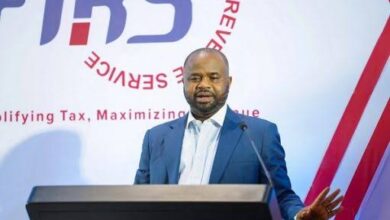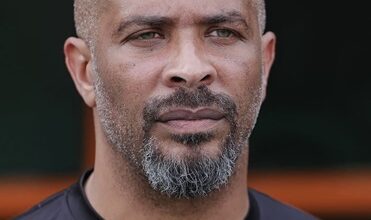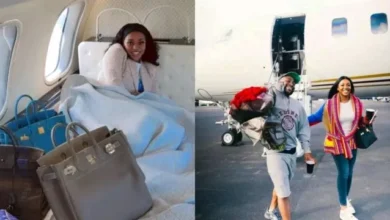US Embassy Tightens Rules — Visa Applicants Must Share Social Media Handles

The US Embassy has unveiled a significant update to its visa application process, now requiring all applicants to disclose their social media handles used over the past five years as part of the DS-160 visa form.
The Embassy emphasized that the information provided must be accurate. Failure to comply could lead not only to visa denial, but also future ineligibility.
What This Means for Student and Exchange Visa Seekers
This directive forms part of broader enhanced screening measures for student (F and M) and exchange visitor (J) visas. Applicants are now required to make their social media accounts publicly accessible, allowing consular officers to thoroughly review their online presence.
The rationale? “Every visa adjudication is a national security decision,” according to the State Department, which asserts that this move ensures applicants’ identities are verifiable and that they pose no threat to U.S. interests. Not providing required social media details or keeping profiles private could raise red flags and lead to visa denial.
What Experts and Reports Reveal
Snopes confirms these new vetting requirements are real—visa applicants must share usernames for all social media platforms used in the past five years.
Yale’s international office notes that this policy accompanies the resumption of visa interview scheduling and applies to all student and exchange applicants worldwide.
Travel and education outlets warn that digital scrutiny now includes an applicant’s public posts, collaborations, and even ideological leanings—such as hostility toward the U.S. or extremist content.
Recent reports describe how some students are already scrubbing or deactivating their accounts in hopes of pacifying consular scrutiny. Meanwhile, embassies like India’s have issued stark reminders: accuracy and transparency are non-negotiable, and omissions or misrepresentations could result in outright rejection or ban.





